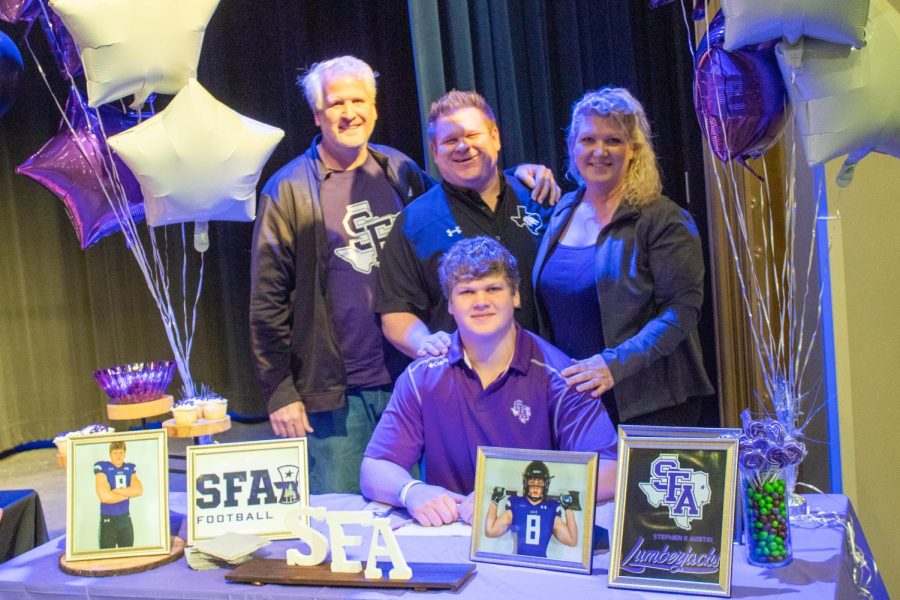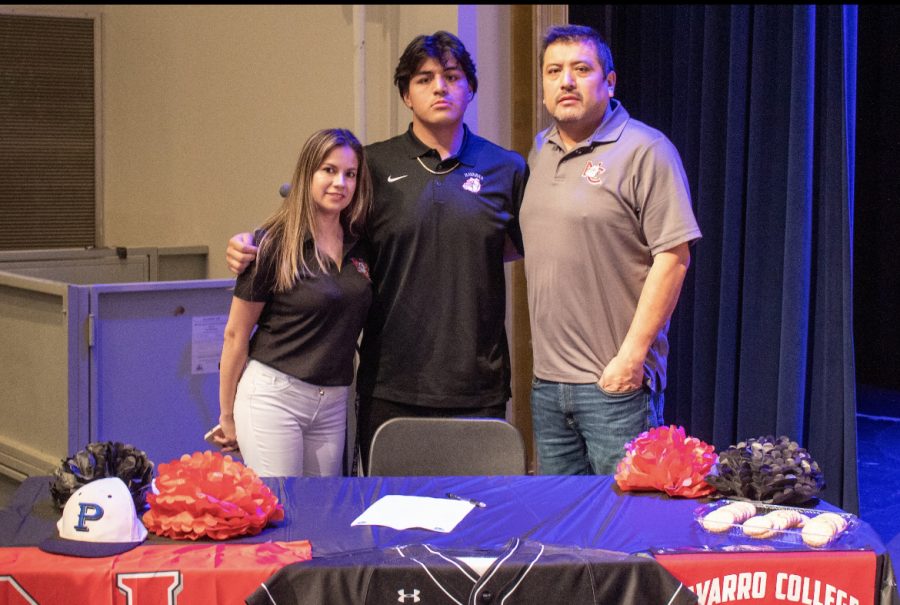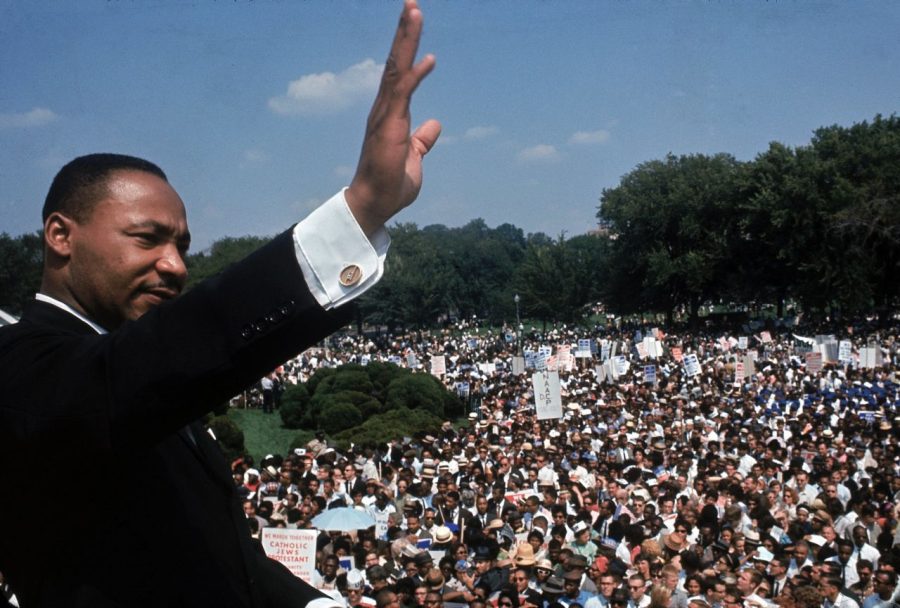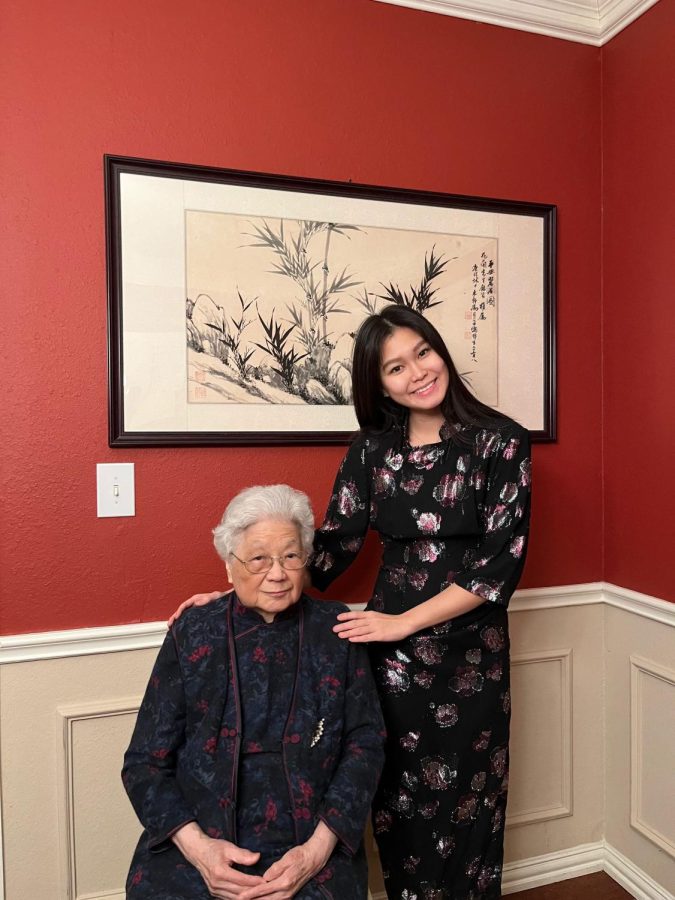Receiving an athletic scholarship is a reward for playing and working hard, but when a student athlete goes to college, it is to receive an education. Recently numerous student athletes across different college sports have left college early to enter the professional sporting world. This is an epidemic that must come to an end. Student athletes go to college yes, to play sports, but mainly to receive an education. Staying for one or two years proves no point but acts as a gateway to the professional leagues.
Anthony Davis, the freshman forward for the University of Kentucky basketball team is now expected to enter the National Basketball Association Draft this June after one season in Lexington. With school beginning in August and the year ending in June, Davis would have attended Kentucky for 10 months. There is no reason to go to school, to stay for less than one year, and to play basketball. There was a similar case last April when Auburn University quarterback Cam Newton turned pro after one season at Auburn. Newton left campus without a diploma and nothing to show for a college education. For years, as the debate over whether or not student athletes should be allowed to leave college early for the pros has raged on. Many who believe that they should have to stay at school have used the plan-B excuse. Say a student athlete leaves college early to turn pro and gets hurt, then that athlete will have nothing to fall back on. A career-ending injury that sidelines a player, without a college education could cause problems with supporting one’s family. Entering the real world after college without a degree is not only a foolish decision, but is also failure to those who cherish graduating. Why would athletes want to leave early and go pro, to make money? Why make such a big deal about choosing a college, and then less than a year later, leave to become a multi-millionaire in the blink of an eye. A lot of these athletes, who come from impoverished areas, also do not know how to manage so much money coming to them in such a short time period and do not manage their finances very well. If they were to stay until graduating, they not only would mature in many phases of life and possibly become better players, but would also leave college with something to show for it, leaving with accomplishments in the classroom as well as in their college sports careers. In 2010 Kyrie Irving, a Duke basketball player, played a mere 11 games due to an injury, and after the basketball season ended, Irving went pro and was taken first in the NBA draft to the sub-.500 Cleveland Cavaliers. The very next season, just a few months ago, Duke freshman Austin Rivers decided to go pro after just one season in Durham. Neither of these excellent basketball players have diplomas from Duke. The university can be seen as having acted as a terminal for them to reach success and make their value rise before entering the professional leagues. Schools and professional leagues need to put their feet down on who can leave college and when they can enter the professional sports culture.
I can understand certain circumstances in which a college athlete needs to leave college early for the professional leagues, but only on rare occasions. The NCAA, which has looked into this going-pro problem, should make a rule allowing only juniors to forgo their senior season and make freshmen and sophomore athletes continue their college education. I can understand some students needing to go pro while they have value because of a situation in which the player has to help financially support their family. Some families cannot afford to send their children to college and scholarships allow these students to pursue their dreams, but some of these students have to sacrifice their college careers to support their families. Kansas junior Thomas Robinson, who lost his grandmother and mother within weeks of each other in the Dec. 2010, will enter the professional ranks, skipping his senior season. In doing so, he will help to support his nine year old sister Jayla who is the only remaining member of his family. Plus, Robinson has said that later on he will return to Kansas to finish up his remaining credits to get his degree. That could also be a new rule; go pro but the player must agree to come back later to receive a degree. Something needs to be done to no longer allow student athletes, who have just come to college, to bolt off to the money-making world of professional sports.
Going to college used to mean getting an education, now it simply means nothing to many and that is a true American tragedy thanks to the future generation.









